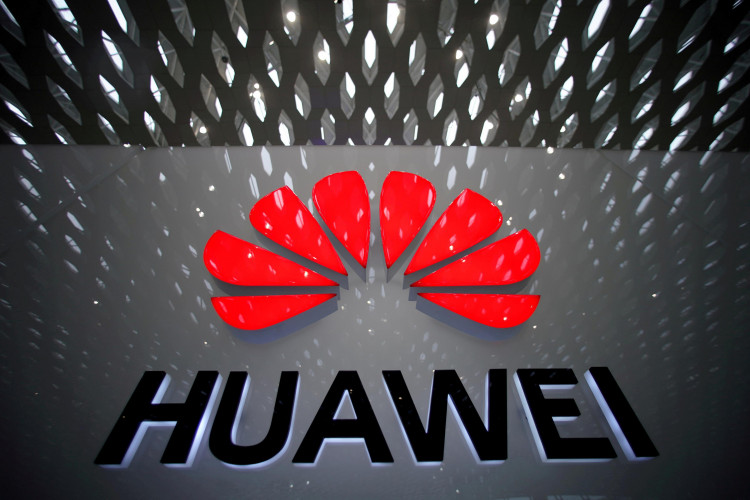China is accumulating US-made computer microchips, an indication that tech companies in the Chinese mainland are bracing for a deterioration in trade relations that could cut them off from American technology.
Chinese exports of American semiconductors, integrated circuits and the facilities to manufacture them have risen sharply over the past three years, lathe test data show.
This comes amid a drastic decline in overall U.S. sales since 2018 in the wake of the trade war. Imports of chips and related U.S. machinery in August were nearly $1.7 billion, the most since at least the beginning of 2017.
As U.S. President Donald Trump's tariff war with China is morphing into a more broader conflict over future technology, the risk of a "Silicon Curtain" coming down is becoming a reality for many Chinese firms that are still unable to provide domestic high-tech components.
"It is politically intolerable for China that the U.S. has an at-will ability to turn off major companies such as ZTE and Fujian Jinhua and be able to handle major operational blows on Huawei," said Dan Wang, technology analyst at Gavekal Dragonomics in Beijing.
In an attempt to develop a domestic semiconductor industry, China has invested billions, but it still lags in key areas such as microprocessors and graphics chips.
The U.S. blacklisting of Chinese firms including Huawei Technologies Co. is one factor driving the increase in imports. And the emergence of home-grown smartphone brands such as Huawei and Oppo as well as rapid Cloud Computing adoption also helps to boost high-performance silicon imports.
Hangzhou Hikvision Digital Technology Co. is another surveillance company, one of eight Chinese technology companies, facing government restrictions. The company said it had stored enough key parts in October to keep operations going for a while.
The Chinese government officially created a new $29 billion state-backed fund to invest in the semiconductor industry in October, promoting the goal of reducing U.S. innovation dependency.
State-backed Tsinghua Unigroup Co. is the top chipmaker in the nation and among companies leading the charge in the field. Its most ambitious project is a $22 billion Wuhan plant financed in 2014 from its first loan.
Chip-making hardware imports were down somewhat in 2018, as overall sales soared to over $26 billion from $16.4 billion in 2017, but China still imports about $2 billion a month from the top five suppliers.
Meanwhile, sector investment slowed in 2019 after Fujian Jinhua Integrated Circuit's blacklisting effectively shut down one of the fastest-growing chipmakers in the world.





